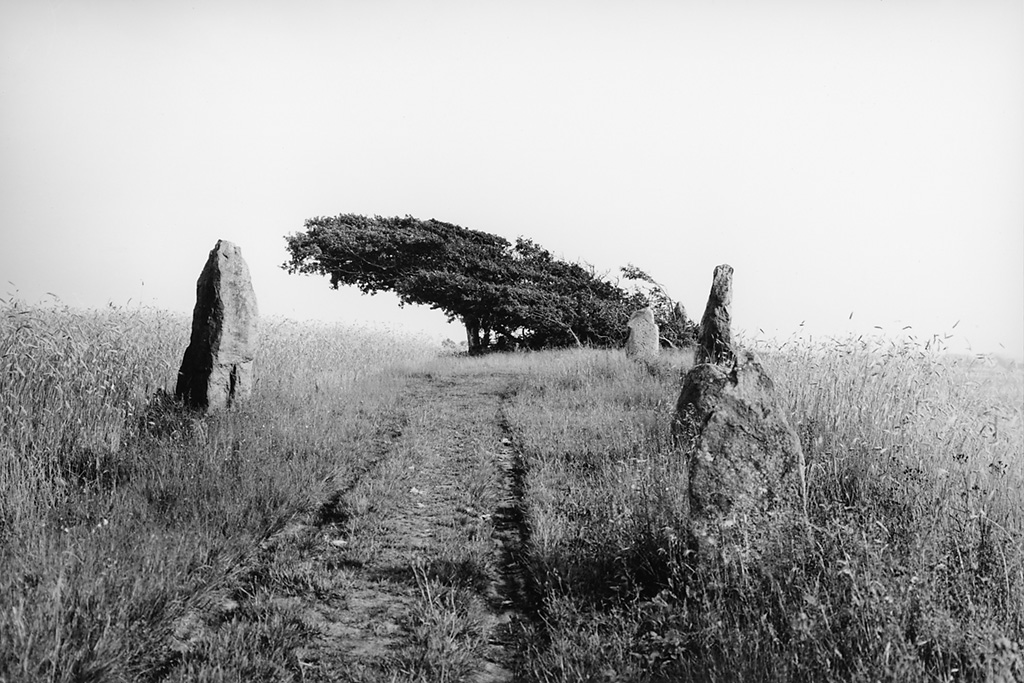I’ve recently become a big Daniel Klein fan so I borrowed this book without much thought.
Turns out that it dovetails perfectly into my current kick of learning about the phases of life, especially aging and death.
The book is a meditation on growing old. It makes sense that a countercultural philosophy student from the 60’s would question our current obsession on everlasting youth.
The “Travels” in the title is a stretch — he stays on just one Greek island. But the “Epicurus” part is dead on. Klein is clearly biased towards the gentle hedonism of the philosopher and sees it reflected in world view of the inhabitants on this island.
He shys away from the gnarly parts right before you expire, but the book is otherwise a fulsome exploration of that season of life when one is no longer young but not yet decrepit.
䷌䷷
Seems that I’ve developed a syllabus of self-help books for the arc of one’s life.
- So Good They Can’t Ignore You – top notch advice at the start of a career
- Wild Problems – a framework for thinking about life decisions
- Midlife – contemplations of viewing life from the middle
- From Strength to Strength – encouragement to step into the second half of life
- Travels with Epicurus – embracing the foibles of old age
- Being Mortal – ruminating on the reality of death
- The Five Invitations – thoughts on living fully from the perspective of death
